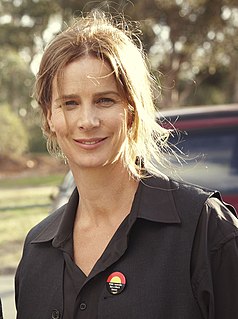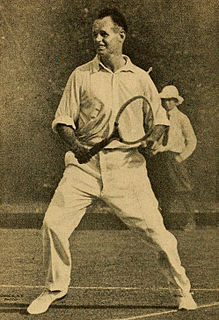A Quote by Milan Kundera
Suspending moral judgment is not the immorality of the novel; it is its morality. The morality that stands against the ineradicable human habit of judging instantly, ceaselessly, and everyone; of judging before, and in the absence of, understanding. From the viewpoint of the novel's wisdom, that fervid readiness to judge is the most detestable stupidity, the most pernicious evil.
Related Quotes
Although I'm not Christian, I was raised Christian. I'm an atheist, with a slight Buddhist leaning. I've got a very strong sense of morality - it's just a different morality than the loud voices of the Christian morality.... I can't tell you how many films I've turned down because there was an absence of morality. And I don't mean that from any sort of Judeo-Christian-Muslim point of view. I'm not saying they're wrong and can't be made. But, fundamentally, I'm such a humanist that I can't bear to make films that make us feel humanity is more dark than it is light.
Most thoughtful people would agree that morality in the absence of policing is somehow more truly moral than the kind of false morality that vanishes as soon as the police go on strike or the spy camera is switched off, whether the spy camera is a real one monitored in the police station or an imaginary one in heaven.
There is no neutral ground when it comes to the tolerance question. Everybody has a point of view she thinks is right, and everybody passes judgment at some point or another. The Christian gets pigeonholed as the judgmental one, but everyone else is judging, too, even people who consider themselves relativists.
Real morality is not the product of fearing a spanking. But what does fundamentalist hell-belief encourage? It retards any developing moral judgment by freezing moral maturity right at the most primitive, most childish, stage: the fear of retribution-and fundamentalism threatens one hell of a spanking.
The "Lucifer Effect" describes the point in time when an ordinary, normal person first crosses the boundary between good and evil to engage in an evil action. It represents a transformation of human character that is significant in its consequences. Such transformations are more likely to occur in novel settings, in "total situations," where social situational forces are sufficiently powerful to overwhelm, or set aside temporally, personal attributes of morality, compassion, or sense of justice and fair play.
Blind obedience is itself an abuse of human morality. It is a misuse of the human soul in the name of religious commitment. It is a sin against individual conscience. It makes moral children of the adults from whom moral agency is required. It makes a vow, which is meant to require religious figures to listen always to the law of God, beholden first to the laws of very human organizations in the person of very human authorities. It is a law that isn't even working in the military and can never substitute for personal morality.




































